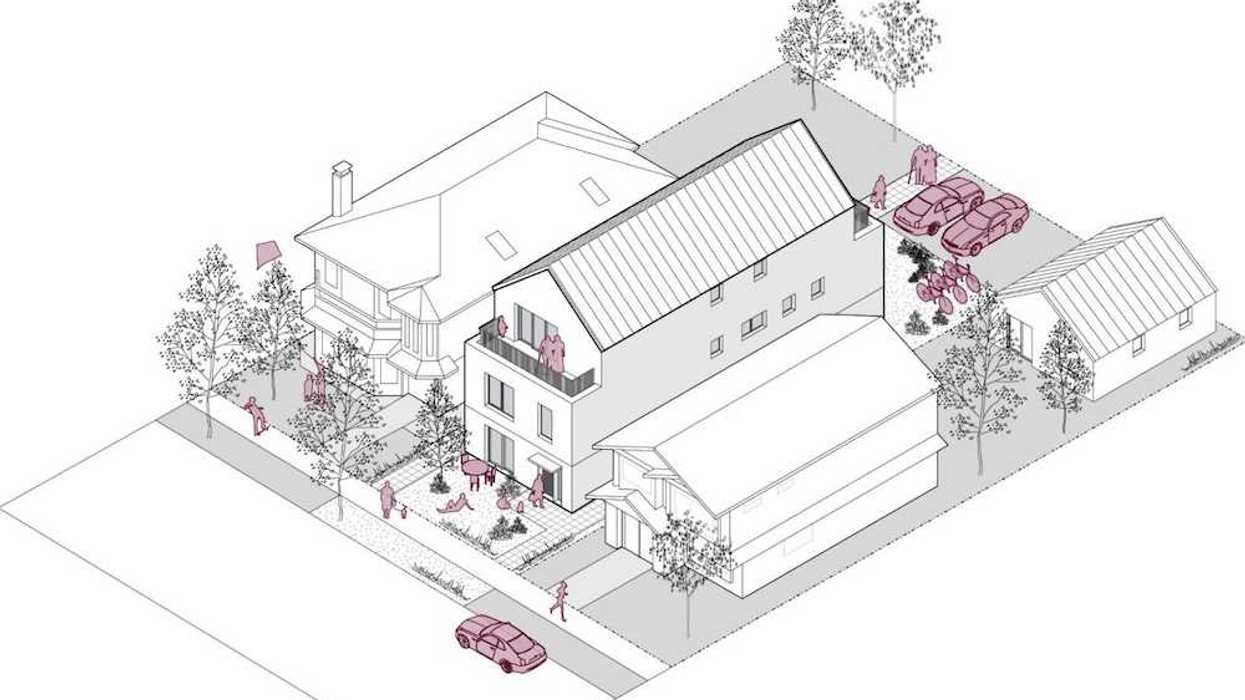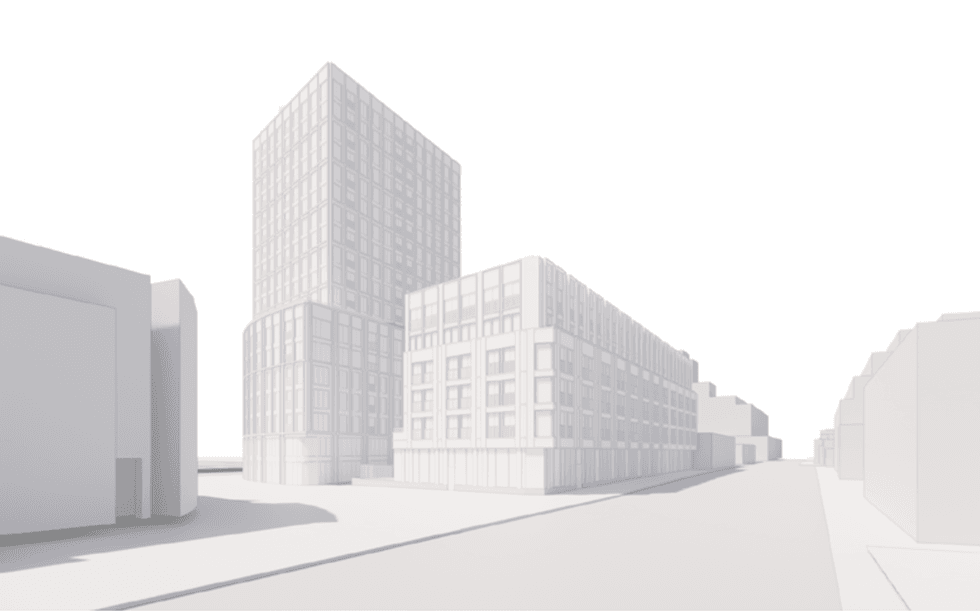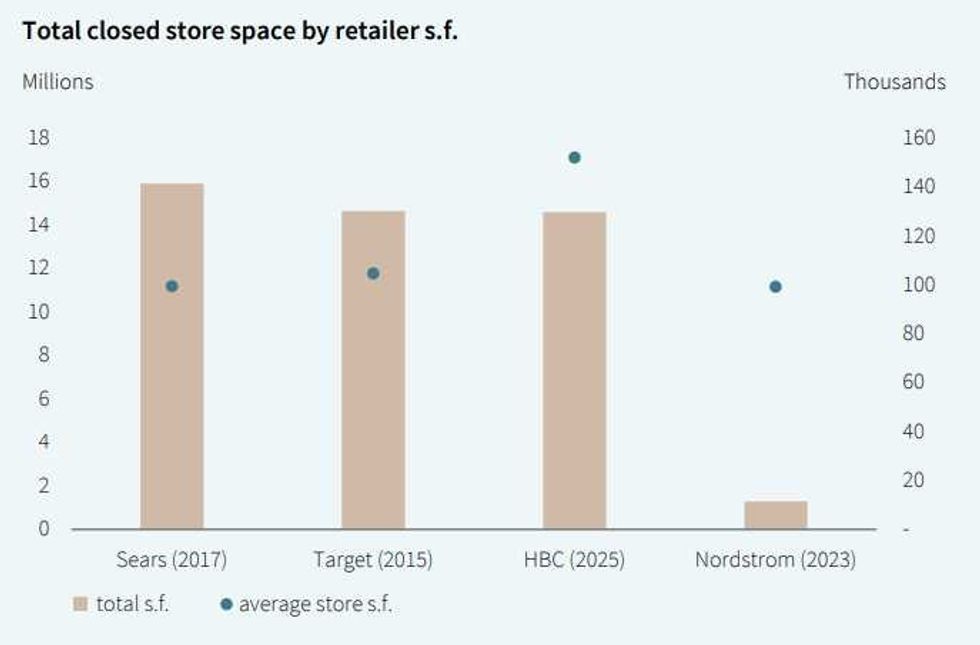Home Office
Explore the definition and tax impact of a home office in Canada: when you can claim it, how it affects homeownership, and what rules apply.

June 16, 2025
What is a Home Office?
A home office is a designated space within a residential property used primarily for work, which may qualify for tax deductions if it meets certain criteria under CRA guidelines.
Why Home Offices Matter in Real Estate
In Canadian real estate and taxation, the home office has gained importance due to hybrid work models, and it can affect property usage, income tax claims, and insurance.
Key considerations for a home office:
- Must be used regularly and exclusively for work
- May allow deduction of utility, maintenance, or rent expenses
- Can be part of a primary or secondary dwelling
- May influence home layout or renovation decisions
For self-employed individuals or employees working from home, the CRA outlines rules for deductibility through forms like T777 or T2200.
Understanding home office eligibility helps homeowners and professionals optimize space use and manage tax obligations.
Example of a Home Office in Action
A freelance designer claims a portion of her home’s utility bills and internet expenses as a home office deduction on her tax return.
Key Takeaways
- A workspace within a residential home
- May qualify for CRA tax deductions
- Must meet usage and exclusivity criteria
- Common among remote and self-employed workers
- Affects tax, insurance, and renovation decisions

 CREA
CREA
 Liam Gill is a lawyer and tech entrepreneur who consults with Torontonians looking to convert under-densified properties. (More Neighbours Toronto)
Liam Gill is a lawyer and tech entrepreneur who consults with Torontonians looking to convert under-densified properties. (More Neighbours Toronto)








 Rendering of 9 Shortt Street/CreateTO, Montgomery Sisam
Rendering of 9 Shortt Street/CreateTO, Montgomery Sisam Rendering of 1631 Queen Street/CreateTO, SVN Architects & Planners, Two Row Architect
Rendering of 1631 Queen Street/CreateTO, SVN Architects & Planners, Two Row Architect Rendering of 405 Sherbourne Street/Toronto Community Housing, Alison Brooks Architects, architectsAlliance
Rendering of 405 Sherbourne Street/Toronto Community Housing, Alison Brooks Architects, architectsAlliance


 Hudson’s Bay vacated about as much space as Target did in 2015. (JLL)
Hudson’s Bay vacated about as much space as Target did in 2015. (JLL)